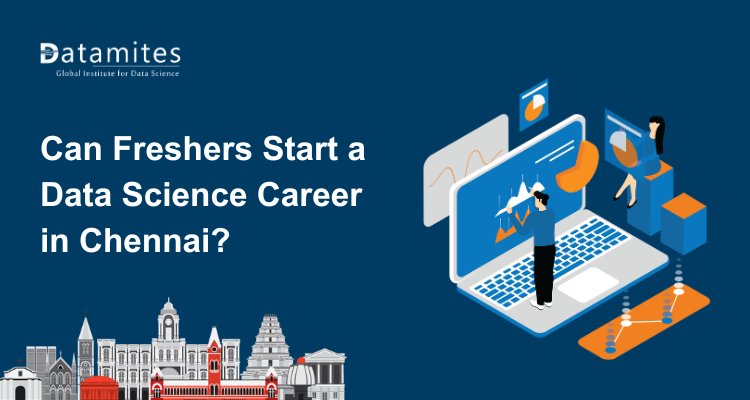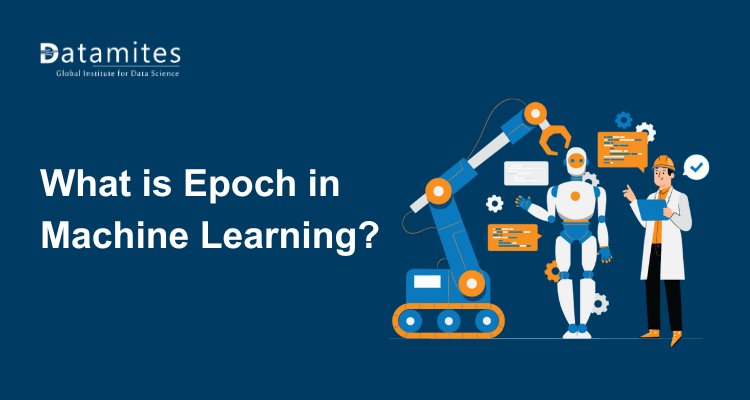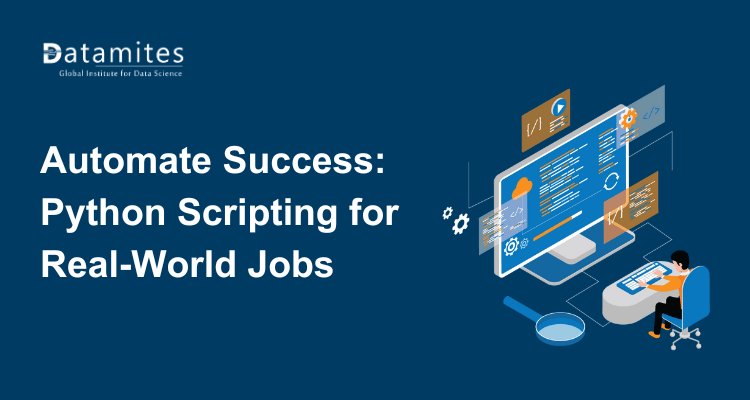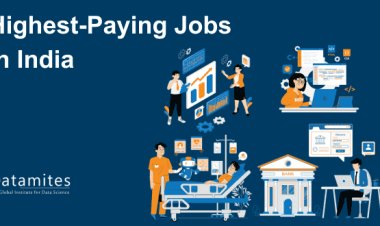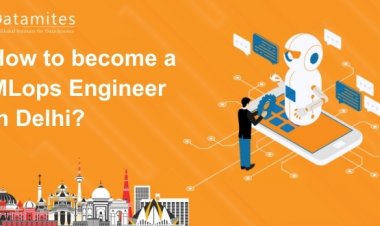Data Science and Automation: Will AI Replace Data Scientists?
AI enhances data science, but human expertise in creativity and decision-making remains essential. The future lies in AI-human collaboration, not replacement.
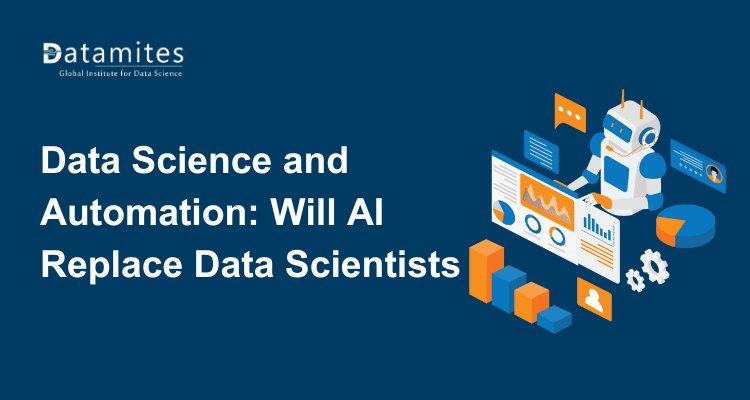
With the rapid advancement of artificial intelligence (AI) and automation, industries are experiencing a massive transformation. Among these, data science has emerged as one of the most sought-after fields, offering lucrative career opportunities. However, with AI-driven automation becoming more sophisticated, many are questioning: Will AI replace data scientists?
This article explores the evolving role of data scientists, how AI and automation are reshaping the field, and whether a career in data science is still a viable option. It also highlights the demand for data science professionals, the skills required,noope and how AI and humans can work together to push the boundaries of innovation.
The Role of Data Scientists in Today’s World
Data scientists play a crucial role in today’s digital landscape, enabling businesses to make data-driven decisions, optimize operations, and enhance customer experiences. As industries increasingly rely on AI, big data, and analytics, the demand for data science professionals continues to grow. According to Grand View Research, the global data science platform market was valued at USD 96.25 billion in 2023 and is projected to grow at a compound annual growth rate (CAGR) of 26.0% from 2024 to 2030. This surge has led many aspiring professionals to enroll in data science courses and training institutes to develop the necessary skills for this evolving field.
What Do Data Scientists Do?
Data scientists combine statistics, programming, and domain knowledge to extract valuable insights from data. Their key responsibilities include:
- Data Collection & Cleaning – Ensuring accuracy and reliability of raw data.
- Data Analysis & Visualization – Using tools like Python, R, and Tableau to identify trends.
- Machine Learning Model Development – Creating AI models for prediction and automation.
- Business Problem-Solving – Applying data insights to real-world challenges.
- Communication – Presenting findings to stakeholders in a clear, actionable manner.
Why Are Data Scientists in High Demand?
The scope of data science is expanding across industries like finance, healthcare, e-commerce, and cybersecurity. Key drivers of demand include:
- Big Data Growth – Companies generate massive amounts of data daily.
- AI & Machine Learning Adoption – Businesses need skilled professionals to build and maintain AI systems.
- Diverse Applications of Data Science – Fraud detection, customer recommendations, predictive analytics, and more.
To keep up with this demand, many professionals opt for data science training, with some preferring an offline data science course in Hyderabad for hands-on learning.
Refer these articles:
- Essential Math & Statistics for Data Science Jobs
- Is Data Science Still a High-Paying Career in 2025
- Key Trends in Data Science for 2025
How to Start a Career in Data Science
If you're considering a career in data science, enrolling in a data science course is the first step. Look for programs that cover machine learning, analytics, and data visualization while considering factors like data science course fees and placement opportunities. A data science course with placements can improve job prospects, and gaining practical experience through projects, Kaggle competitions, or internships is essential. Many prefer offline data science classes for direct interaction with instructors and peers.
The demand for data science professionals is soaring, with the U.S. Bureau of Labor Statistics predicting 35% job growth over the next decade. As businesses invest in data-driven strategies, data science careers offer lucrative opportunities. While AI enhances efficiency, human expertise remains vital. Enrolling in a data science training institute equips professionals with the data science skills needed to excel in this evolving field.
How AI and Automation Are Transforming Data Science
AI and automation have revolutionized various aspects of data science by streamlining processes and increasing efficiency. Some key ways AI is transforming the field include:
- Automated Data Cleaning and Preparation: AI-driven tools can preprocess and clean data faster than humans, reducing manual effort.
- AutoML (Automated Machine Learning): Platforms like Google AutoML and H2O.ai allow users to build machine learning models without deep coding expertise.
- Advanced Predictive Analytics: AI enhances forecasting accuracy by analyzing historical data patterns.
- Natural Language Processing (NLP): AI-powered NLP tools make it easier to analyze textual data and generate insights.
With these advancements, many believe that AI could replace certain aspects of a data scientist’s role. However, automation has its limitations.
Refer these articles:
The Limitations of AI in Data Science
While AI can automate repetitive tasks, it cannot fully replace human intuition, creativity, and problem-solving skills. Here are some key limitations:
- Lack of Contextual Understanding: AI lacks the ability to interpret data within a broader business or real-world context.
- Ethical and Bias Challenges: AI models may reinforce biases present in training data, leading to unfair or inaccurate results.
- Complex Decision-Making: AI struggles with ambiguous situations that require human judgment.
- Innovation and Creativity: AI follows predefined patterns, but true innovation requires human creativity.
Moreover, AI cannot replace the need for a well-structured data science course to train aspiring professionals in real-world problem-solving. Enrolling in a data science training institute in Bangalore remains crucial for gaining hands-on experience with data science tools and methodologies.
The Human Element: Why Data Scientists Are Still Irreplaceable
Despite AI advancements, data scientists remain irreplaceable due to their ability to:
- Interpret AI-Generated Results: AI can generate insights, but humans must validate and interpret them correctly.
- Design AI Models: Building, tuning, and refining AI models require deep expertise in mathematics, statistics, and programming.
- Ethical Oversight: Humans play a critical role in ensuring AI models are used responsibly and ethically.
- Strategic Thinking: AI lacks strategic vision, a key requirement for aligning data insights with business goals.
A well-structured data science course in Bangalore with placements ensures that learners develop these essential skills to grow in the industry. With the right training, professionals can leverage AI as a tool rather than seeing it as a threat to their careers.
The Future of Data Science: Collaboration Between AI and Humans
Instead of replacing data scientists, AI will act as a powerful assistant, allowing professionals to focus on high-value tasks such as:
- Developing New Algorithms: AI can help automate repetitive coding tasks, freeing up time for innovation.
- Enhancing Data-Driven Decision-Making: AI-driven analytics tools will support human-led decision-making.
- Automating Routine Workflows: By handling data preprocessing, AI allows data scientists to concentrate on strategic tasks.
As a result, the future of data science lies in a collaborative model where AI and humans work together to drive innovation. Enrolling in a data science institute or taking an offline data science course in Hyderabad can help professionals stay ahead of technological changes.
Refer these articles:
Will AI Replace Data Scientists?
No, AI will not replace data scientists—but it will change their roles.
While AI is automating certain aspects of data science, human oversight, creativity, and domain expertise remain indispensable. According to a 2023 Statista report, 65% of companies anticipate that big data and AI will create jobs between 2023 and 2027, while only 7% expect job displacement. This suggests that the evolving landscape will continue to require skilled data scientists to interpret data, ensure ethical AI application, and align insights with business objectives.
For those considering a career in data science, now is the best time to enroll in a data science course in Hyderabad or offline data science courses in Bangalore to build expertise in AI-driven tools.
If you're looking to build a career in data science, consider offline data science training in Bangalore, Hyderabad, Pune, Chennai, Ahmedabad, Coimbatore, Mumbai, Kolkata, and Delhi, or opt for flexible online courses. Enrolling in a reputable data science institute that offers hands-on training, placement support, and internships can give you a competitive advantage in this evolving field.
DataMites Training Institute, recognized among India’s Top 20 AI Institutes by Analytics India Magazine (AIM), stands alongside IIT and IIM as a leading provider of data science, AI, machine learning, and analytics training. With industry-accredited programs like Certified Data Scientist courses, certified by IABAC and NASSCOM FutureSkills. DataMites ensures a structured, career-focused learning experience with internship opportunities and placement assistance.
For those preferring in-person learning, DataMites offers offline data science training in Hyderabad, Bangalore, Chennai, Pune, Ahmedabad, Coimbatore, and Mumbai, while also providing online programs for global learners. Whether you’re a fresher or a working professional, DataMites equips you with industry-aligned skills to grow in a world where AI and automation are reshaping data science careers.
AI and automation are revolutionizing data science, but they are not here to eliminate data scientists. Instead, they are enhancing efficiency, allowing professionals to focus on higher-level problem-solving. The demand for data science professionals continues to grow, making it an excellent career choice.
For aspiring data scientists, enrolling in a data science course in Bangalore at a reputable data science institute in Hyderabad is the best way to stay relevant in this evolving field. The key to success lies in continuous learning, adapting to new technologies, and leveraging AI as a partner rather than a competitor.

